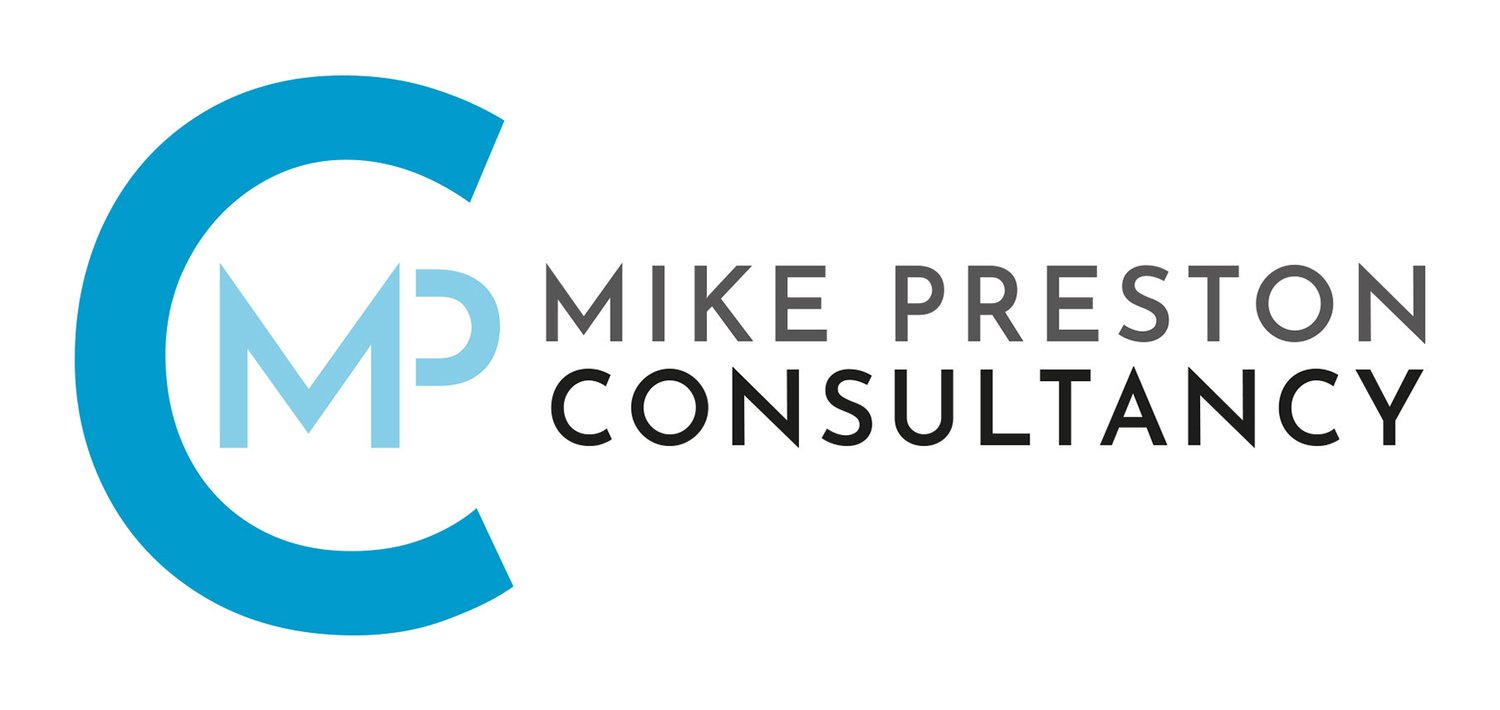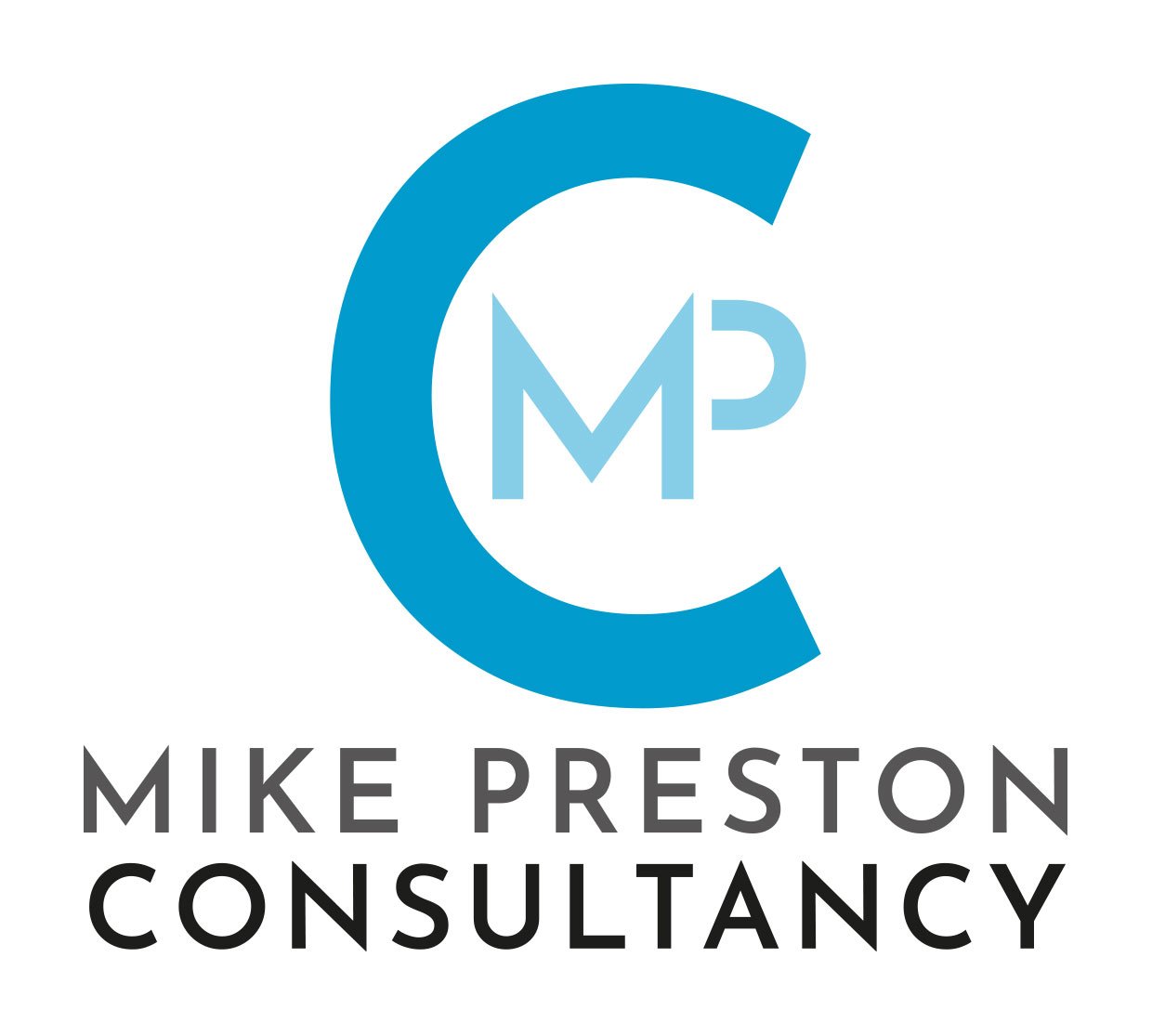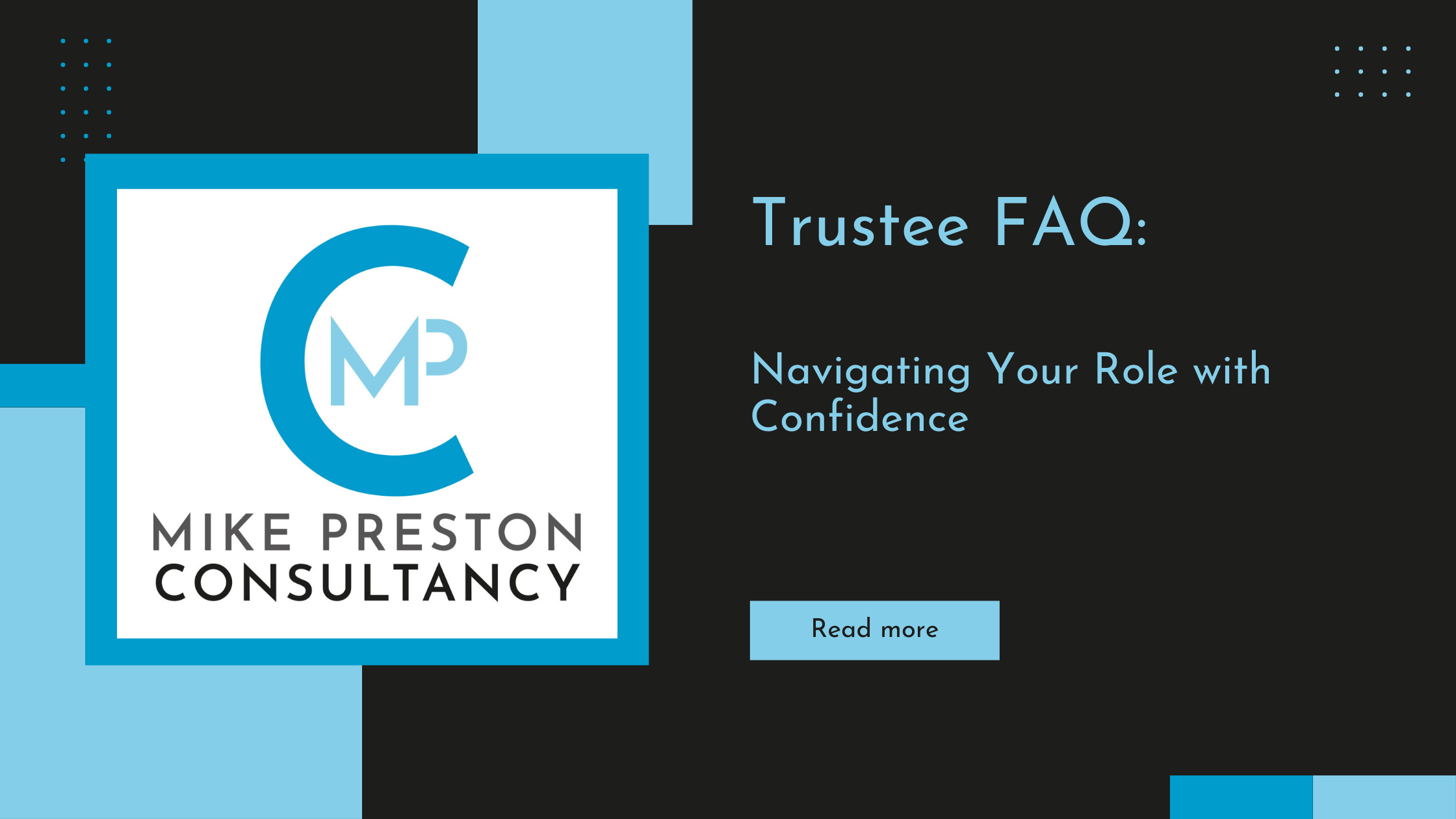Trustee FAQ: Navigating Your Role with Confidence
Becoming a trustee is a significant commitment, offering a unique opportunity to contribute to an organisation's mission and impact. However, it also comes with important responsibilities and expectations. This FAQ aims to demystify some of the common questions new and prospective trustees might have, helping you understand the role and how to excel in it.
What are the legal responsibilities of a trustee?
Trustees have a range of legal duties, often referred to as "fiduciary duties." These typically include:
Duty of Prudence/Care: Acting in the best interests of the organisation and its beneficiaries, making informed decisions, and exercising reasonable care and skill.
Duty of Loyalty: Avoiding conflicts of interest and ensuring decisions are made solely for the benefit of the organisation, not personal gain.
Duty of Obedience: Ensuring the organisation complies with its governing document (e.g., constitution, trust deed), charity law, and all other relevant legislation.
Duty to Protect Assets: Safeguarding the organisation's assets and ensuring they are used effectively and responsibly to further its purposes.
Duty to Ensure Solvency: Acting to prevent the organisation from incurring debts it cannot pay.
These duties ensure that trustees act as responsible stewards of the organisation's resources and mission.
What is the difference between governance and management?
These are distinct but complementary roles within an organisation:
Governance (Board of Trustees): The board is responsible for governance, which involves setting the strategic direction, ensuring compliance, overseeing performance, and holding management accountable. They ask "what" and "why." They are the guardians of the organisation's mission and long-term sustainability.
Management (Staff Team/CEO): The management team is responsible for the day-to-day operations, implementing the strategy set by the board, managing resources, and delivering services. They ask "how" and "when." They are responsible for the execution of the organisation's activities.
A clear distinction between these roles prevents micromanagement and ensures effective oversight.
How much time commitment is expected from a trustee?
The time commitment varies significantly depending on the size, complexity, and stage of development of the organisation. Generally, it can range from a few hours a month to several hours a week. This typically includes:
Board Meetings: Preparing for and attending regular board meetings (e.g., quarterly, bi-monthly).
Sub-committee Meetings: Participating in specific sub-committees (e.g., finance, governance, fundraising).
Reading and Preparation: Reviewing board papers, reports, and strategic documents.
Ad-hoc Engagements: Occasionally attending events, representing the organisation, or contributing to specific projects.
It's crucial to discuss the expected time commitment with the board chair before joining to ensure it aligns with your availability.
Can I be paid as a trustee?
Generally, trustees of charities are volunteers and are not paid for their services. However, there are some exceptions:
Reimbursement of Expenses: Trustees can be reimbursed for reasonable and legitimate expenses incurred while carrying out their duties (e.g., travel costs, childcare for meetings).
Payment for Services (Exceptional Circumstances): In very specific and limited circumstances, and with explicit permission from the Charity Commission (or relevant regulatory body) or a provision in the charity's governing document, a trustee might be paid for a specific service beyond their trustee duties. This must be transparent and clearly in the charity's best interest.
The general principle is to avoid any personal financial benefit from the trusteeship.
What is a conflict of interest and how do I declare one?
A conflict of interest arises when a trustee's interests (financial, familial, or otherwise) or loyalties to another organisation could potentially influence their decision-making regarding the charity.
Examples: Being a trustee and also a paid supplier to the charity, or a family member of a grant applicant.
How to declare one:
Openness and Transparency: Declare any potential conflict as soon as you become aware of it.
Board Register: Ensure the conflict is recorded in the board's register of interests.
Abstention from Discussion/Voting: For the agenda item related to the conflict, you should not participate in the discussion and must recuse yourself from the vote. In some cases, you may need to leave the room.
Having a clear conflicts of interest policy and adhering to it is vital for good governance.
How do we ensure our organisation is complying with relevant laws and regulations?
Compliance is a continuous responsibility. Key steps include:
Understanding the Legal Framework: Trustees must have a basic understanding of charity law, company law (if applicable), employment law, data protection (GDPR/UK GDPR), health and safety, safeguarding, and any sector-specific regulations.
Due Diligence: Regularly review policies, procedures, and internal controls to ensure they are up-to-date and followed.
Expert Advice: Don't hesitate to seek professional advice (legal, accounting) when complex issues arise.
Risk Management: Implement a robust risk management framework to identify, assess, and mitigate compliance risks.
Training: Ensure trustees and relevant staff receive appropriate training on compliance matters.
What should I do if I have concerns about the organisation's finances?
Financial oversight is a core trustee duty. If you have concerns:
Raise Questions: First, ask for clarification from the treasurer, finance committee, or CEO. It might be a simple misunderstanding.
Request Information: Ask for specific financial documents, reports, or explanations.
Internal Audit/Review: Suggest an internal review or an independent financial health check if concerns persist.
Whistleblowing Policy: If concerns are serious and unresolved internally, consider activating the organisation's whistleblowing policy.
Charity Commission: As a last resort, if all internal avenues are exhausted and you believe there's serious misconduct or mismanagement, you must report concerns to the Charity Commission (or equivalent regulatory body).
How often should the board meet, and what should be covered?
Board meeting frequency typically ranges from quarterly to bi-monthly. More frequent meetings might be needed during periods of significant change or challenge.
What should be covered:
Strategic Direction: Reviewing and updating the organisation's strategy.
Financial Health: Detailed review of management accounts, budgets, forecasts, and financial risks.
Operational Performance: Monitoring progress against objectives, program delivery, and key performance indicators.
Compliance & Risk: Reviewing compliance adherence and updating the risk register.
Governance Matters: Discussing board effectiveness, recruitment, and trustee development.
Safeguarding: Regular updates and ensuring robust safeguarding policies are in place.
Decision Making: Approving major policies, plans, and investments.
Effective meetings have clear agendas, pre-circulated papers, and focus on strategic oversight rather than operational detail.
What is the Charity Commission (or relevant regulatory body) and what is its role?
The Charity Commission for England and Wales (or similar bodies in other jurisdictions, e.g., OSCR in Scotland, Charity Commission for Northern Ireland, or IRS for non-profits in the USA) is the independent regulator of charities. Its main roles include:
Registering Charities: Maintaining a public register of charities.
Ensuring Compliance: Ensuring charities comply with charity law.
Providing Guidance: Offering advice and guidance to trustees.
Investigating Misconduct: Investigating cases of serious wrongdoing or mismanagement.
Promoting Public Trust: Working to enhance public trust and confidence in charities.
Trustees have a legal duty to report certain events (e.g., serious incidents) to the Charity Commission.
How do we ensure the board is diverse and inclusive?
A diverse and inclusive board brings a wider range of perspectives, skills, and experiences, leading to better decision-making and stronger organisational performance. Strategies include:
Skills Audits: Regularly assess the skills, experience, and demographics of the current board to identify gaps.
Broad Recruitment: Actively seek candidates from diverse backgrounds, professions, ages, and lived experiences beyond traditional networks.
Inclusive Culture: Foster a culture where all trustees feel safe to speak up, challenge, and contribute, ensuring all voices are heard and valued.
Clear Role Descriptions: Define roles and responsibilities clearly to attract candidates who might not see themselves in a "traditional" trustee mould.
Mentoring/Induction: Provide robust induction and ongoing development to support all trustees, particularly those new to governance.
What are the key financial documents I need to understand as a trustee?
As a trustee, you don't need to be an accountant, but a basic understanding of financial documents is essential for effective oversight. Key documents include:
Annual Accounts (or Financial Statements): These provide an overview of the organisation's financial performance (income, expenditure) and position (assets, liabilities) over a year. They include:
Statement of Financial Activities (SOFA): Shows income and expenditure.
Balance Sheet: A snapshot of assets, liabilities, and funds at a specific date.
Notes to the Accounts: Provide more detail and context.
Budget: The financial plan for the upcoming period, outlining expected income and expenditure.
Management Accounts: Regular (e.g., monthly/quarterly) financial reports that show actual performance against the budget, allowing for timely monitoring and decision-making.
Cash Flow Forecasts: Projections of cash inflows and outflows, crucial for understanding liquidity and financial stability.
What should I do if I disagree with a board decision?
Disagreement is a healthy part of robust governance. If you disagree:
Voice Your Concerns: Clearly articulate your reasons for disagreement during discussions, ensuring your perspective is heard.
Seek Clarification: Ask questions to ensure you fully understand the rationale behind the proposed decision.
Offer Alternatives: Propose alternative solutions or suggest modifications.
Respect the Majority: Once a decision is made through a formal vote, the board must present a united front. You are expected to support the decision, even if you voted against it, unless it's a matter of legality, ethics, or significant risk.
Record Dissent (Rarely): In very serious cases, if you feel a decision is unlawful or puts the charity at significant risk, you may ask for your dissent to be formally recorded in the minutes. This is a rare step and should be considered carefully.
Persistent fundamental disagreement may indicate that the role is not the right fit for you.
How can we measure the effectiveness of our board?
Regularly assessing board effectiveness helps identify strengths and areas for development. Methods include:
Annual Board Review/Evaluation: A formal process, either self-assessment or independent review, looking at:
Adherence to responsibilities.
Strategic input and oversight.
Meeting effectiveness (preparation, discussion, decision-making).
Teamwork and dynamics.
Skills and diversity.
Skills Audit: Regularly assessing the collective skills of the board against the needs of the organisation.
Feedback: Seeking feedback from the CEO, senior staff, and external stakeholders.
Reviewing Outcomes: Assessing whether the board's decisions lead to positive organisational outcomes.
Individual Trustee Appraisals: Providing opportunities for individual trustees to reflect on their contribution and identify development needs.
What is the process for resigning as a trustee?
While hopefully, your trusteeship is a rewarding experience, situations may arise where resignation is necessary. The process typically involves:
Review Governing Document: Check the organisation's governing document (constitution/trust deed) for specific clauses regarding resignation.
Inform the Board: Communicate your intention to resign, ideally in writing, to the board chair and/or the company secretary. Provide adequate notice (e.g., 1-3 months) to allow for a smooth transition and recruitment of a replacement.
Effective Date: Agree on a final effective date for your resignation.
Handover: Assist with a proper handover of any responsibilities or information to ensure continuity.
Charity Commission Notification: The organisation must inform the Charity Commission (or relevant regulatory body) of changes to its trustee board. Ensure this is done.
How can trustees contribute to fundraising and financial sustainability?
Trustees play a vital role in ensuring the organisation's financial health, not just through oversight but also active contribution:
Strategic Oversight: Ensuring a robust fundraising strategy is in place and monitoring its progress.
Ambassadors: Advocating for the organisation's mission and impact within their networks.
Opening Doors: Making introductions to potential funders (individuals, corporates, trusts, foundations) or influential contacts.
Personal Giving: While not mandatory, many trustees choose to make a personal financial contribution to demonstrate their commitment.
Stewardship: Ensuring donor funds are used appropriately and reported on transparently.
Participating in Campaigns: Lending their names or time to specific fundraising campaigns or events.
Networking: Representing the charity at events and building relationships.
Trustees are the ultimate fiduciaries, responsible for ensuring the organisation has the resources to achieve its mission.
Being a trustee is a journey of learning and contribution. By understanding these key aspects, you can approach the role with confidence and make a significant difference to the causes you care about.


